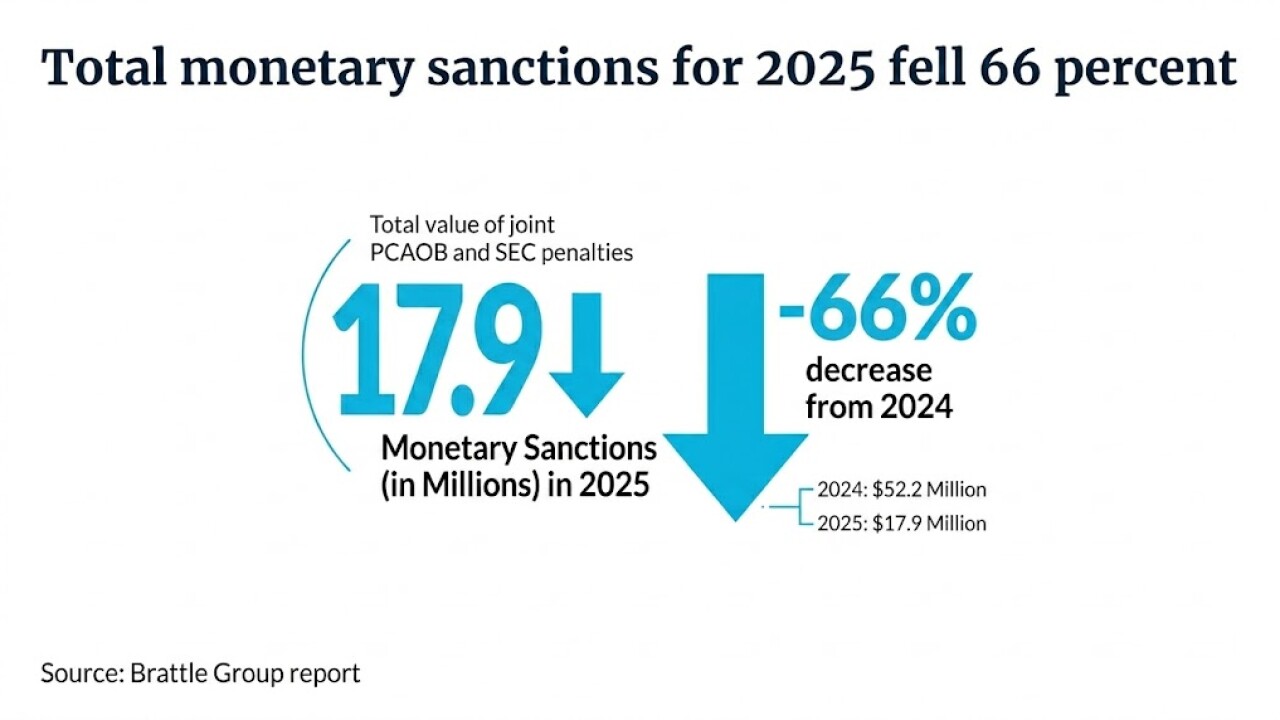The Internal Revenue Service’s Criminal Investigation division needs to strengthen its controls over the undercover operations used to detect and probe criminal tax activities, according to a new government report.
The
TIGTA evaluated whether the Criminal Investigation division has effective policies and procedures in place to ensure that undercover operations are properly monitored, that expenses are appropriate, and that any income earned is properly controlled.
In addition, TIGTA auditors evaluated the practices used to protect the safety of special agents working on undercover operations. The review is a follow-up to previous review that TIGTA conducted for fiscal years 2001 and 2002 of IRS undercover operations. Overall, the Criminal Investigation division continued to receive high marks.
"TIGTA found that other federal law enforcement agencies respect CI's undercover program because of the financial expertise CI special agents bring to a joint investigation," said TIGTA Inspector General J. Russell George in a statement. "We also found that CI's undercover practices appear to be more thorough in some aspects than those in other federal agencies."
But while the IRS’s Criminal Investigation division took steps to strengthen the controls over its undercover operations in response to TIGTA’s fiscal year 2002 review, TIGTA inspectors determined that internal control weaknesses continue to dog the group because corrective actions were not implemented sufficiently. In addition, TIGTA found questionable undercover expenditures that lacked documentation to show the expenditures had been pre-approved.
In addition, while the undercover agents said their training was sufficient and safety was emphasized, TIGTA believes that additional steps could still be taken to protect the identity of undercover agents. TIGTA also determined that financial reviews of undercover operations that earned income were not conducted on a timely basis.
TIGTA made five specific recommendations to strengthen the undercover program. TIGTA recommended that the chief of the Criminal Investigation division modify existing guidance to include specific criteria regarding when operational and financial reviews are required; develop a process to alert CI officials that operational and financial reviews are due; strengthen controls to ensure that expenditures are properly and timely approved and documented; strengthen procedures to protect the identity of undercover agents; and ensure that the financial reviews of undercover operations with churning authority (that is, they earn income that can be used to offset the expenses of the operations) are requested within 90 calendar days after the undercover operation portion of the investigation is concluded.
In response to the report, IRS officials agreed with the recommendations and said they plan to take corrective actions.
“I want to assure you that CI will continue to strengthen and improve what your report recognizes as an undercover program that is respected in the law enforcement community,” wrote Patricia J. Hynes, acting chief of the IRS’s Criminal Investigation division.





